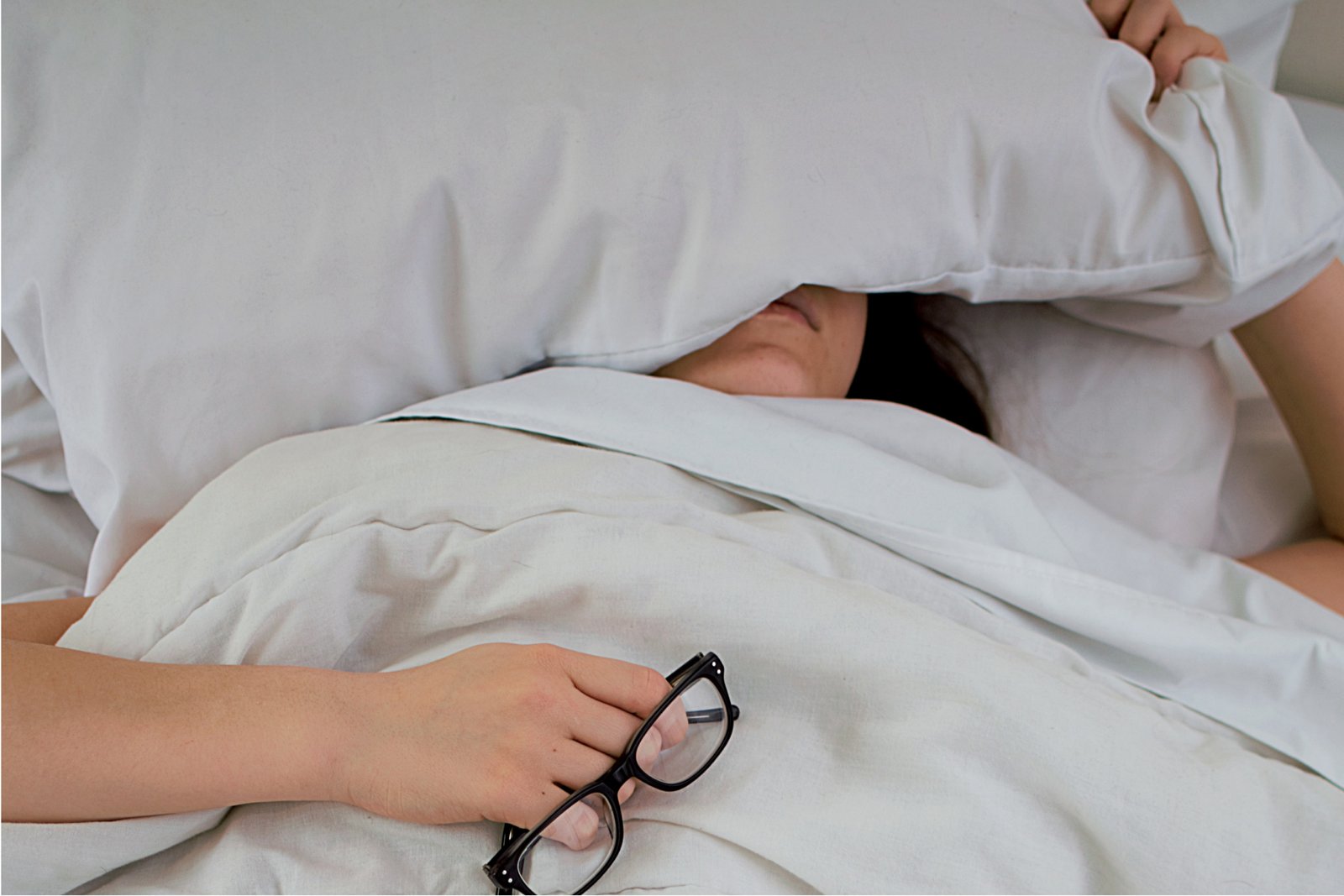The Importance of Sleep
Science of sleep is a fundamental biological process that is essential for our overall well-being. It allows our bodies to rest and recharge, and plays a crucial role in maintaining our physical and mental health. While we sleep, our brains are hard at work, processing information, consolidating memories, and restoring our energy levels.
The Effects of Sleep Deprivation
When we don’t get enough sleep, it can lead to a variety of mental health issues. Sleep deprivation has been linked to an increased risk of developing conditions such as depression, anxiety, and bipolar disorder. It can also worsen existing mental health conditions and make it more difficult to manage symptoms.
How Sleep Impacts Mental Health
There are several ways in which sleep impacts our mental health:
- Emotional Regulation: Sleep plays a crucial role in regulating our emotions. When we are sleep-deprived, we are more likely to experience mood swings, irritability, and difficulty controlling our emotions.
- Cognitive Function: Lack of sleep can impair our cognitive function, making it harder to concentrate, learn new information, and make decisions.
- Stress and Anxiety: Sleep deprivation can increase our levels of stress and anxiety, making it harder for us to cope with daily challenges.
- Memory and Learning: During sleep, our brains consolidate and process information, helping us to retain new memories and learn more effectively. Without sufficient sleep, our ability to learn and remember can be significantly impaired.
- Overall Well-being: Adequate sleep is essential for our overall well-being. It helps to regulate our mood, boost our immune system, and improve our physical health.
Tips for Improving Sleep and Mental Health
If you’re struggling with sleep and mental health issues, there are steps you can take to improve both:
- Establish a Routine: Try to go to bed and wake up at the same time every day, even on weekends. This helps regulate your body’s internal clock and improve sleep quality.
- Create a Sleep-Friendly Environment: Make sure your bedroom is cool, dark, and quiet. Consider using earplugs, eye masks, or white noise machines to create a peaceful sleep environment.
- Avoid Stimulants: Limit your intake of caffeine, nicotine, and alcohol, especially in the evening. These substances can interfere with sleep quality.
- Practice Relaxation Techniques: Engage in relaxation techniques such as deep breathing, meditation, or gentle stretching before bed to help calm your mind and prepare your body for sleep.
- Limit Screen Time: Avoid using electronic devices such as smartphones, tablets, or laptops before bed. The blue light emitted by these devices can interfere with your sleep-wake cycle.
Conclusion
Science of sleep is a vital component of our overall well-being, and its impact on mental health should not be underestimated. By prioritizing sleep and implementing healthy sleep habits, we can improve our mental well-being and enhance our overall quality of life.



































